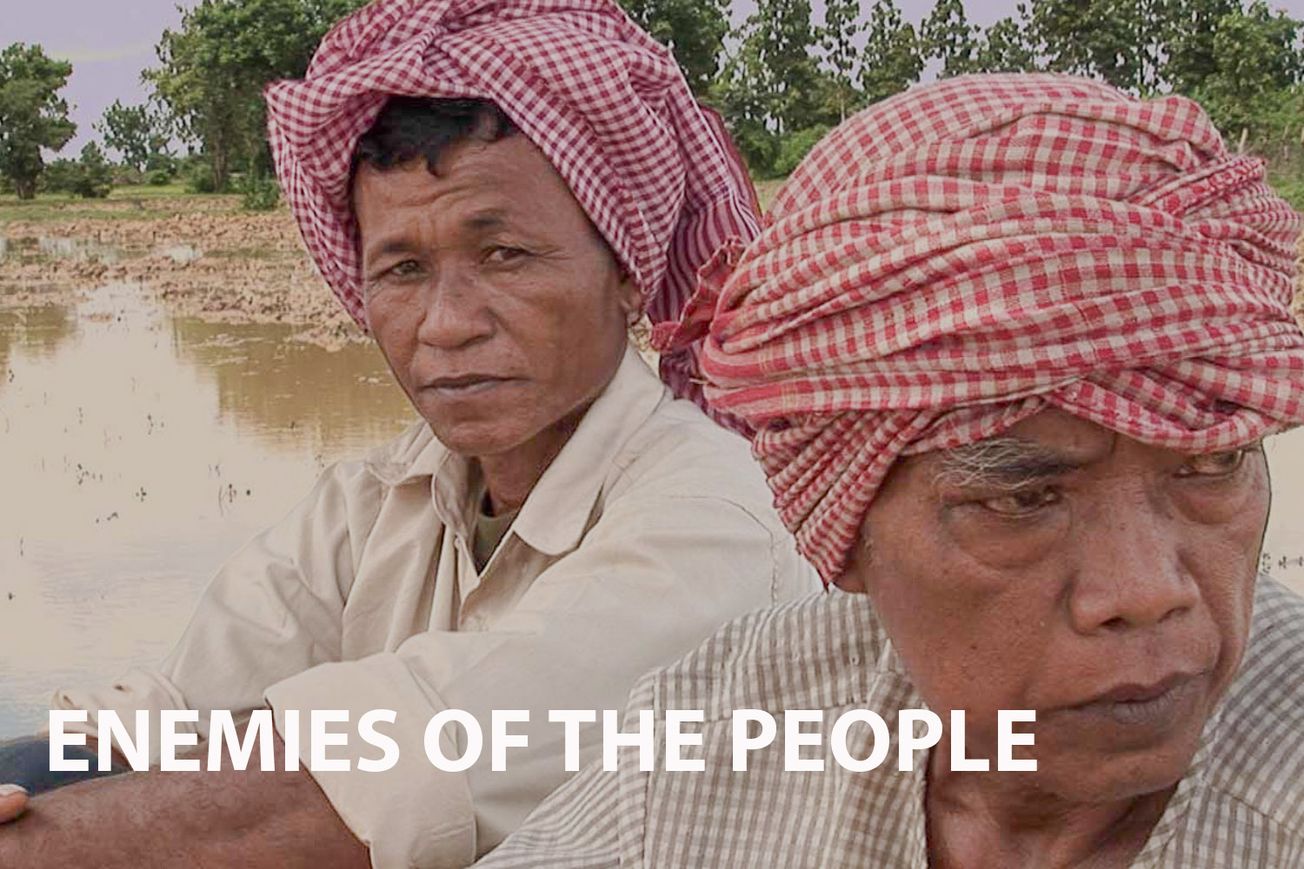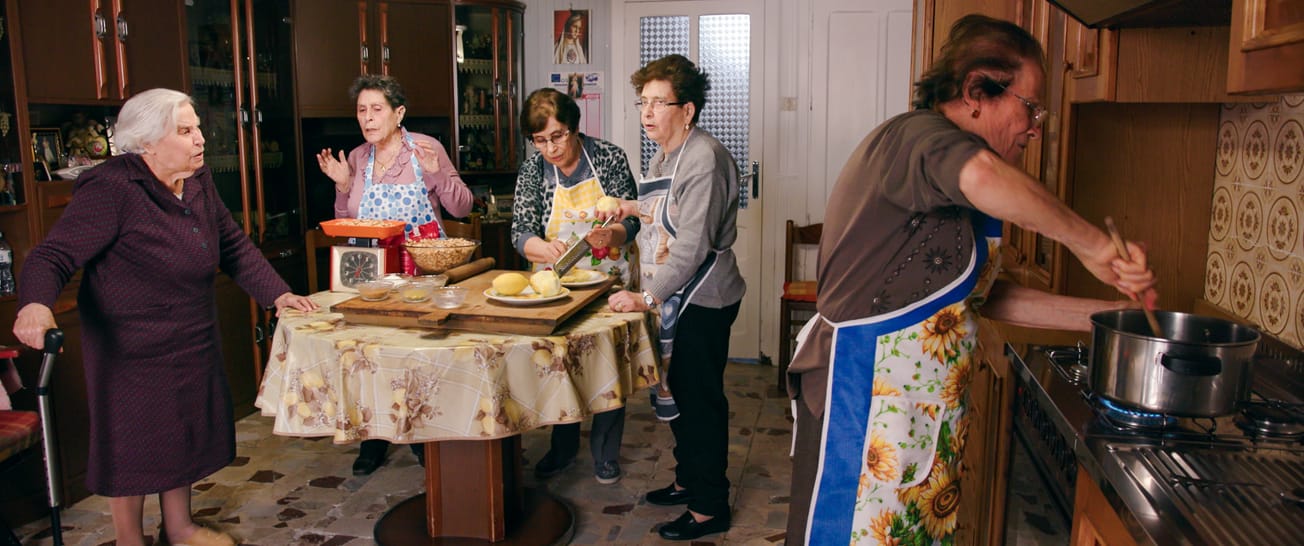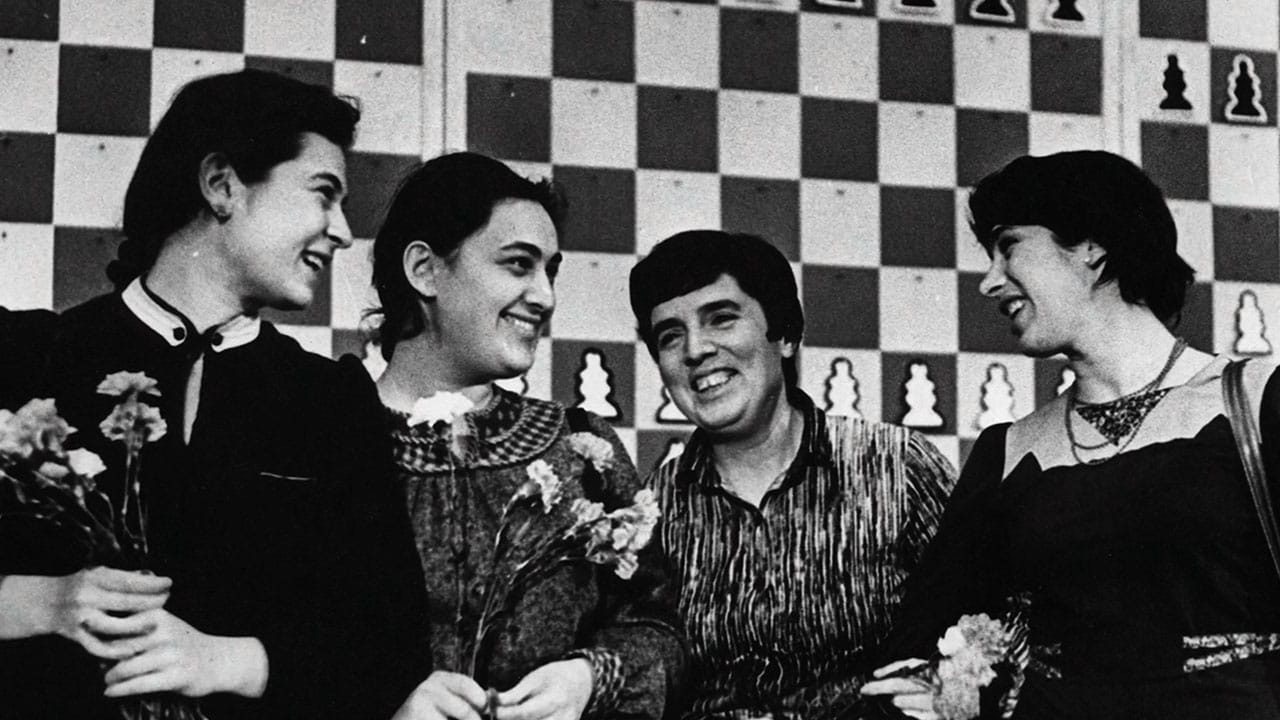Keywords: Khmer Rouge, Cambodian genocide, Thet Sambath, Rob Lemkin, Enemies of the People, Nuon Chea, Killing Fields, personal testimonies, historical investigation. Three words: harrowing, revealing, historical.
Introduction
"Enemies of the People" is a notable documentary directed by Rob Lemkin and Thet Sambath. Released in 2010, it offers a shocking exploration of one of the most brutal regimes of the 20th century: the Khmer Rouge in Cambodia. The film breaks the 30-year silence surrounding the Killing Fields, allowing the individuals responsible for the atrocities to give their testimonies.
Synopsis
Through personal interviews and profound research, "Enemies of the People" reveals the horrifying truths behind the Cambodian genocide under the Khmer Rouge regime. From the foot soldiers who committed the killings to the party's ideological leader, Nuon Chea, the documentary presents unprecedented confessions about the massacres.
More Film Analysis
Analysis
"Enemies of the People" is a compelling documentary that uses personal narratives and in-depth research to expose the atrocities of the Khmer Rouge. The directors' approach is both daring and meticulous, leading the audience through the dark chapters of Cambodian history with an unwavering focus on truth and reconciliation.
Historical and Factual Context
The Khmer Rouge ruled Cambodia from 1975 to 1979, implementing a radical socialist agenda that led to the deaths of an estimated 1.7 million people. The regime's brutality and the subsequent silence surrounding their atrocities make the testimonies in "Enemies of the People" particularly significant.
Key themes in the film
- The brutal regime of Khmer Rouge
- The silenced history of the Killing Fields
- The personal testimonies of perpetrators
- The pursuit of truth and reconciliation
Film Comparisons
"Enemies of the People" can be compared to other historical documentaries like "The Act of Killing," which similarly exposes the personal confessions of mass murderers. However, "Enemies of the People" stands out due to its focus on the Cambodian genocide, offering a unique perspective on a largely unexplored historical event.
Noteworthy Moments
The most significant moment in "Enemies of the People" is arguably the confession of Nuon Chea, the Khmer Rouge's ideological leader. His testimony breaks the silence surrounding the Killing Fields and provides invaluable insights into the brutal regime.
Reviews
This documentary was well-received by both audiences and critics, praised for its in-depth investigation and daring storytelling. As one reviewer noted, "Enemies of the People is a harrowing exploration of Cambodia's dark history, giving voice to the voiceless and shedding light on a brutal regime."
Conclusion
"Enemies of the People" is an important documentary for anyone interested in historical truth, human rights, or Southeast Asian history. Its relevance today is undiminished, reminding us of the importance of confronting dark chapters of history and seeking truth and reconciliation.
More film information:
FILM SUMMARY
- IMDB score: 7.7
- Rotten Tomatoes score: Not listed
- Metacritic score: Not listed
- Film festival awards: 22 wins & 7 nominations
PERSONALITIES
- Thet Sambath: Co-director and journalist whose parents and brother were killed by the Khmer Rouge
- Rob Lemkin: Co-director and British filmmaker
- Nuon Chea: Former Khmer Rouge leader who gives his testimony in the film
LOCATIONS
- Cambodia: The film explores various locations in Cambodia, including the infamous Killing Fields.
Key Questions Raised by the Film:
- How did the Khmer Rouge justify their brutal regime?
- Why has the truth about the Killing Fields been silenced for so long?
- What can the testimonies of the perpetrators teach us about violence and power?
- How can societies reconcile with dark chapters of their history?
Links for Further Exploration:
I wonder what the film would be in another art form



- If this film was a famous book, it would be "1984" by George Orwell for its exploration of a brutal regime and the manipulation of truth.
- If this film was a famous song, it would be "Blowin' in the Wind" by Bob Dylan for its search for answers and call for peace.
- If this film was a famous piece of art, it would be Picasso's "Guernica" for its depiction of the horrors of war.
- If this film was a famous celebrity, it would be Angelina Jolie for her work on human rights and her connection to Cambodia.
- If this film was a color, it would be blood red, representing the violence of the Khmer Rouge regime.
- If this film was a music style, it would be folk music for its storytelling and historical exploration.








